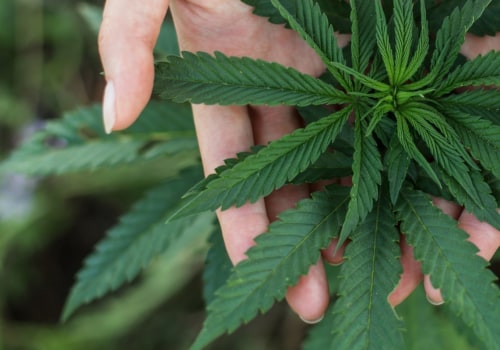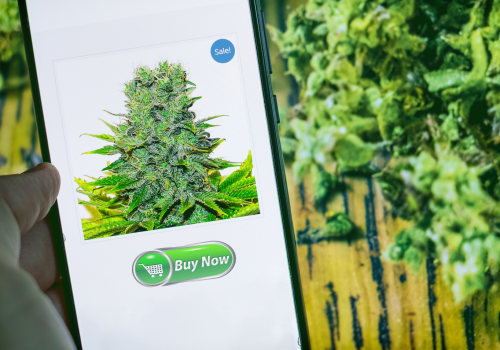In North Dakota, patients are allowed marijuana for anxiety only if they are residents of the state. Therefore, residents with an MMJ card can obtain and use cannabis. Finally, the New Jersey Division of Medical Marijuana Health also includes anxiety in its list of medical conditions that qualify for MMJ use. So, if you live in any of these states and expect to get your hands on a MMJ card for your anxious mind, you're in luck.
If approved, you will receive your medical marijuana card in the mail within 7 to 10 business days. Please note that Leafwell will not send you the card, but rather it is issued by the state. Currently, edibles are available to all patients who qualify under A20, Jake Honig's Compassionate Use of Medical Cannabis Act. Some patients may be eligible for an MMJ card, but they cannot apply for it themselves.
For example, if the patient is under 18 years of age or if they need help accessing medical cannabis, a caregiver may be assigned to complete the process on their behalf. You must be at least 18 years of age to apply for a medical marijuana card in New Jersey. Caregivers must also be 18 years of age. The possession limit for individuals with a valid New Jersey medical marijuana card is 3 ounces in a 30-day period.
Other states such as California, Oklahoma and Missouri give their doctors the discretion to recommend marijuana treatments to patients without directly listing approved medical conditions. Medical marijuana patients can purchase and own larger quantities than their recreational counterparts. The patient will need to obtain certification from a doctor specializing in medical marijuana, and then the caregiver will complete the rest of the process to obtain the card. New Jersey itself is a state that has medical marijuana reciprocity, but patients must apply for a temporary card; Leafwell provides this service.
The process of obtaining your medical marijuana card in New Jersey usually takes less than two months. Although the state will soon allow legal recreational sales, it's worth getting a New Jersey medical marijuana card. There are also states that don't accept your New Jersey medical card, but will allow you to apply for a local medical card regardless of your residence. Immediately, doctors in New Jersey can recommend to their patients the use of medical marijuana to treat anxiety, various forms of chronic pain, migraines and Tourette syndrome.
You must be 18 or older to qualify for medical marijuana in New Jersey, but children under 18 can qualify as minors if they have a caregiver. Chronic pain is on New Jersey's list of medical marijuana conditions and is one of the most common reasons people seek treatment with cannabis. If your condition is not on the list of qualifying conditions, it is unlikely that a doctor specializing in medical marijuana will issue you a cannabis certification. Other conditions approved for the treatment of medical marijuana in New Jersey include migraines, chronic pain, Tourette syndrome, multiple sclerosis, PTSD, seizure disorder, and inflammatory bowel disease.
Using medical marijuana (MMJ) for anxiety has been shown to be effective for people of all backgrounds, whether fears are chronic or only occasional. Here are answers to some common questions about what qualifies for medical marijuana in New Jersey.







